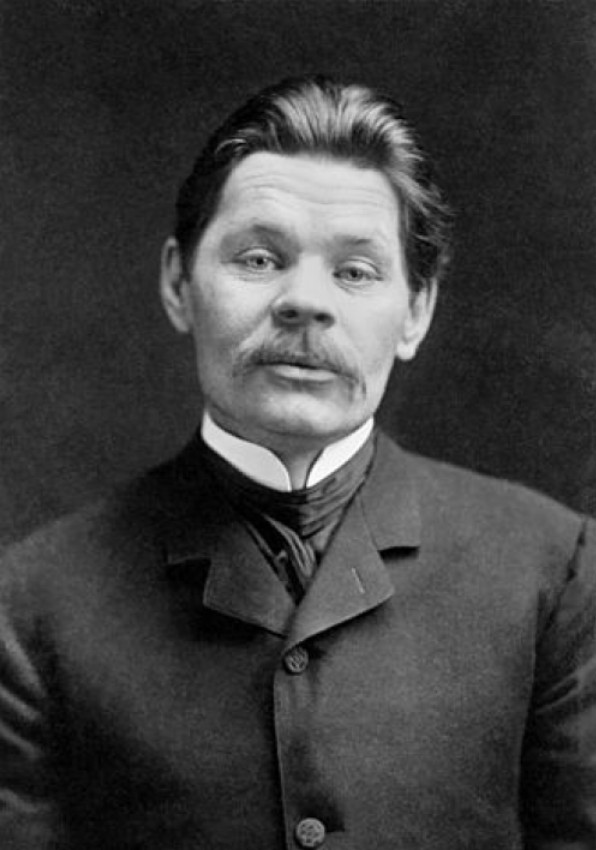Facts about Maxim Gorky
Maxim Gorky Biography
Maxim Gorky (also spelled Maksim Gorki) is one of the giants of 20th century Russian literature and theater, known for his realistic depictions of how terrible it is to be poor and oppressed.
Gorky himself grew up in rough times and was a lifelong spokesperson for the underclass.
His political activism led to several years of exile, in spite of his popularity with Russian readers. By 1900 Gorky was a famous literary figure, thanks in part to help from Anton Chekhov.
His short stories and his first novel, Foma Gordeyev (1902) gave him notoriety as well as critical success, but his outspoken opposition to the rule of Nicholas II led to his exile to the island of Capri (1907-13).
After the 1917 revolution Gorky’s criticism of his friend V. I. Lenin and the Bolsheviks led to another period of what seems to be self-imposed exile, this time mostly in Italy (1921-1931).
He continued to write, including plays such as The Counterfeit Coin (1926) and Yegor Bulychov (1931), and the novel The Artamov Business (1925).
When Gorky returned to Russia he was greeted as a great Soviet hero and awarded just about every national honor there was.
For a while Gorky had the reputation of “selling out” to Joseph Stalin‘s brutal regime, but the reasons for his return are unclear and nobody questions his sincere sympathy for the downtrodden.
Gorky’s death has long been a matter of speculation: either he died of natural causes or Stalin ordered his murder.
His other works include the plays Na dne (1902, also known as The Nether Depths and The Lower Depths) and Mat’ (1907, also known as Mother), the book The Confession (1916) and a series of long memoirs that spanned pre- and post-revolutionary Russia.
Extra credit
In 1906 Gorky visited the United States, coming with the support of such dignitaries as Teddy Roosevelt and Mark Twain, but he was pilloried by the press because he was not married to the woman he was travelling with.
Related Biographies
Something in Common with Maxim Gorky
- Writers born in Russia (5)
- Pisces Writers (55)

